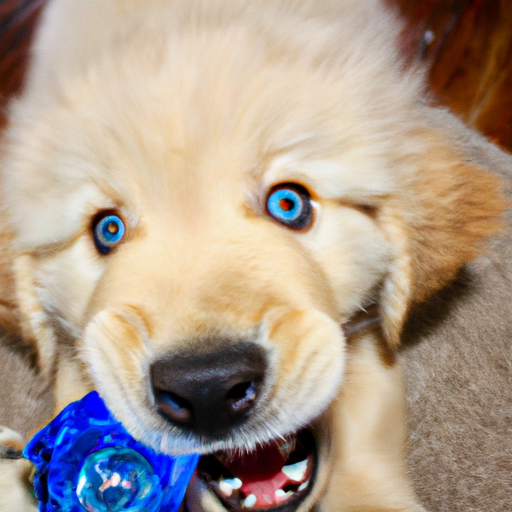Introduction
As a caregiver, there’s nothing quite like the joy of welcoming a new puppy into your life. As you watch your little furball grow, you may notice some changes in their behavior and appearance, especially their teeth. Yes, just like human babies, puppies also have baby teeth. This guide is designed to give you all the information you need about your puppy’s baby teeth.
Understanding Puppy Baby Teeth
Just as human babies do, puppies have a set of baby teeth that eventually fall out. These teeth, also known as deciduous or milk teeth, are not meant to last.
- Puppies are born toothless.
- They start growing their baby teeth around 3 weeks old.
- A puppy will have 28 baby teeth in total.
| Type of Tooth | Number of Pairs |
|---|---|
| Incisors | 6 |
| Canines | 2 |
| Premolars | 6 |
When Do Puppies Lose Their Baby Teeth
Typically, puppies start losing their baby teeth around 12 to 16 weeks of age. This process is different for every puppy, so don’t be alarmed if your puppy starts losing teeth a bit earlier or later.
Teething Symptoms in Puppies
Your puppy will likely show signs of teething. It’s essential to recognize these signs in order to provide relief to your pup. Some common signs include:
- Chewing on everything
- Excessive drooling
- Whining and fussiness
- Loss of appetite
How to Help Your Teething Puppy
Teething is a tough time for your puppy, but there are ways you can help.
- Provide chew toys: Chew toys can help alleviate the pain and discomfort associated with teething.
- Use cold treats: Just like with human babies, something cold can help soothe your puppy’s sore gums.
- Be patient: Your puppy may be more irritable during this time. Be patient and give them lots of love and comfort.
What to Do with Lost Puppy Teeth
You might find your puppy’s lost teeth around the house, but most often, they swallow them. This is perfectly normal and nothing to worry about. However, if you notice any bleeding or if your puppy seems in pain, it’s a good idea to consult your vet.
Puppy Dental Care
Just because your puppy will lose their baby teeth doesn’t mean you should neglect their dental health.
- Start brushing their teeth early to get them used to it.
- Schedule regular dental check-ups with your vet.
- Provide dental chews that can help keep their teeth clean and healthy.
FAQs
Q: Can teething cause diarrhea in puppies?
A: While teething can cause your puppy to drool more, which can lead to loose stools, severe diarrhea is not typically a symptom of teething. If your puppy has severe diarrhea, you should consult your vet.
Q: How long does the teething process last?
A: The teething process generally lasts from 3 to 6 months. However, this can vary depending on the breed and individual puppy.
Q: What should I do if my puppy’s baby tooth doesn’t fall out?
A: If your puppy’s baby tooth doesn’t fall out and the adult tooth is growing in, it’s a good idea to consult your vet. They may need to remove the baby tooth to prevent future dental problems.
Q: Can I use human toothpaste to brush my puppy’s teeth?
A: No, you should always use a toothpaste specifically designed for dogs. Human toothpaste can be harmful to your puppy.
In conclusion, understanding your puppy’s baby teeth and teething process can help you provide the best care for your new friend. Remember, patience, care, and plenty of chew toys are your best tools during this time. Happy parenting!



